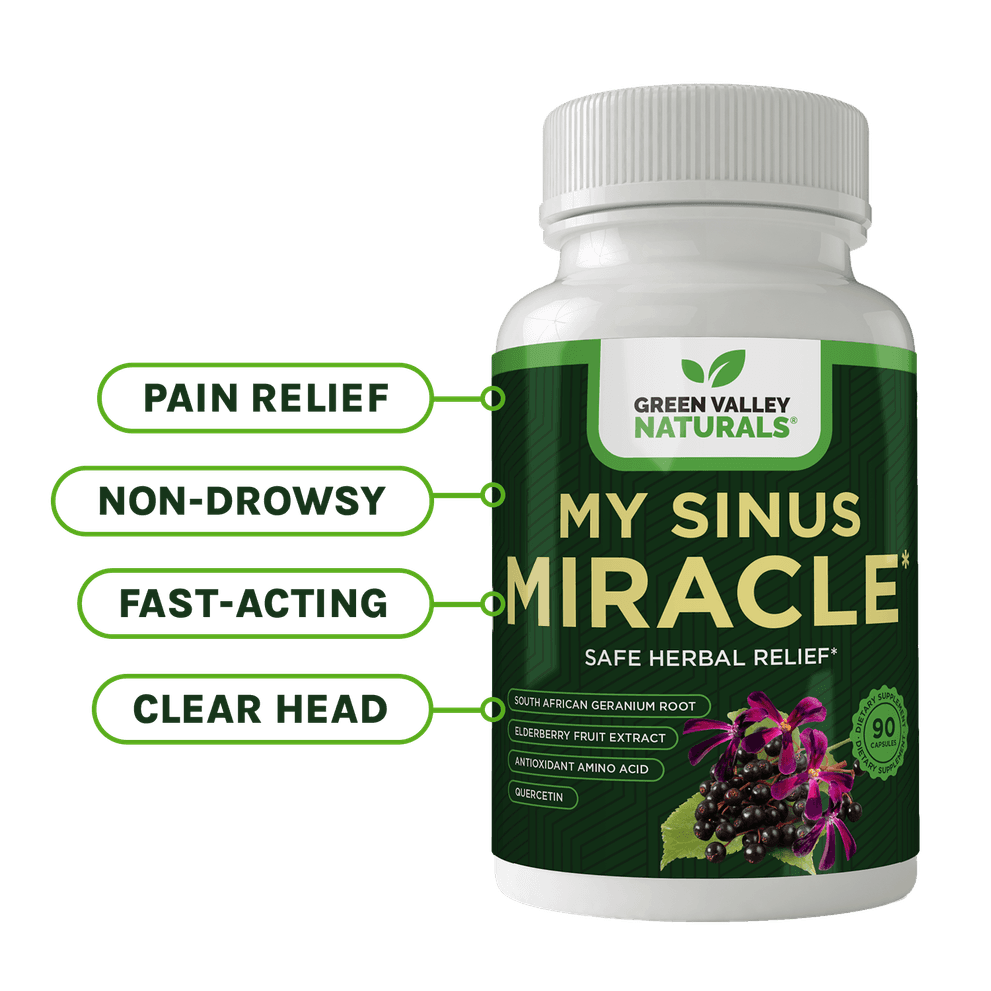
If this future scenario plays out like researchers expect, you may never see a doctor at all but simply send a voice recording to a health care provider.
Here’s the remarkable story of an amazing new medical breakthrough…
Researchers say scientific advances are finally allowing machine-learning algorithms—artificial intelligence-- to pick up from your voice very subtle clues, hidden from the human ear, that indicate your risk of certain health conditions.
They point to a new study that demonstrates the ability of this software to detect the risk of heart disease from a person’s voice.
Analyzing Features of Your Voice is the Key
The Vocalis Health smartphone app, developed from 10,000 voice samples, evaluates an individual’s health status using artificial intelligence. The app analyzes over eighty features in a person's voice such as frequency, amplitude, pitch, and cadence.Previous research identified six voice features highly correlated with coronary artery disease, so researchers from the Mayo Clinic combined these features into a single score representing a voice biomarker.
They were now ready to carry out their study and made some fascinating findings.
More than Double the Risk of Major Heart Problems
Researchers recruited 108 male patients with an average age of 59. Each had concerning heart symptoms so were previously referred for coronary angiography to assess the condition of their arteries.The participants were asked to record three 30-second voice samples. For the first they read from a prepared text. For the other two they spoke freely, first about a positive experience and then about a negative one.
After analysis by the software, the research team gave each man a biomarker score. A third of the men received a high score while the rest were given a low score.
Next the research team followed the men for two years and assessed their heart health based on two outcomes: The first was emergency room admission for chest pain, and the second was emergency room admission for a cardiac event, such as a heart attack.
The findings showed 58.3 percent of those with a high biomarker score went to an emergency department for chest pain, were admitted to the hospital for chest pain, or had a major cardiac event such as a heart attack. This compares with only 30.6 percent who had a low biomarker score.
In addition, those with a high score were more likely to have a positive stress test or be diagnosed with coronary artery disease during a subsequent angiogram test. After statistical adjustment, patients with a high score were more than 2½ times (2.61) more likely to have a major cardiac event, such as a heart attack, and more than three times (3.13) more likely to have a diagnosis of coronary artery disease.
Linked to the Autonomic Nervous System?
The researchers aren't sure why six voice features are indicative of heart disease development, but they suspect the autonomic nervous system plays a role. This system regulates body functions that aren’t under conscious control, such as heart rate and breathing rate, body temperature and blood pressure. The autonomic nervous system also helps regulate the voice box.Therefore, it's feasible that subtle changes to the voice, which only machine-learning technology can detect, can provide insights into cardiovascular health.
The Future of Voice Analysis
These findings suggest voice analysis could be a powerful screening tool to identify patients who need their cardiovascular health closely monitored. The researchers also believe the use of voice recordings could be especially helpful in the growing fields of remote health care delivery and telehealth.Lead author and cardiologist, Jaskanwal Deep Singh Sara, M.D., explained, saying, “We’re not suggesting that voice analysis technology would replace doctors or replace existing methods of health care delivery, but we think there’s a huge opportunity for voice technology to act as an adjunct to existing strategies.
"Providing a voice sample is very intuitive and even enjoyable for patients, and it could become a scalable means for us to enhance patient management."
Already voice analysis has been tested in Parkinson's disease and Alzheimer's, each of which have their own subtle voice “fingerprints.” Results have been encouraging with changes detectable years prior to clinical diagnosis. It's even been shown as a reliable way to identify the risk of COVID-19!
It's still early days, however, and more research is being conducted, but if the technology is validated as an effective screening tool it could be used in clinical practice later this decade.

